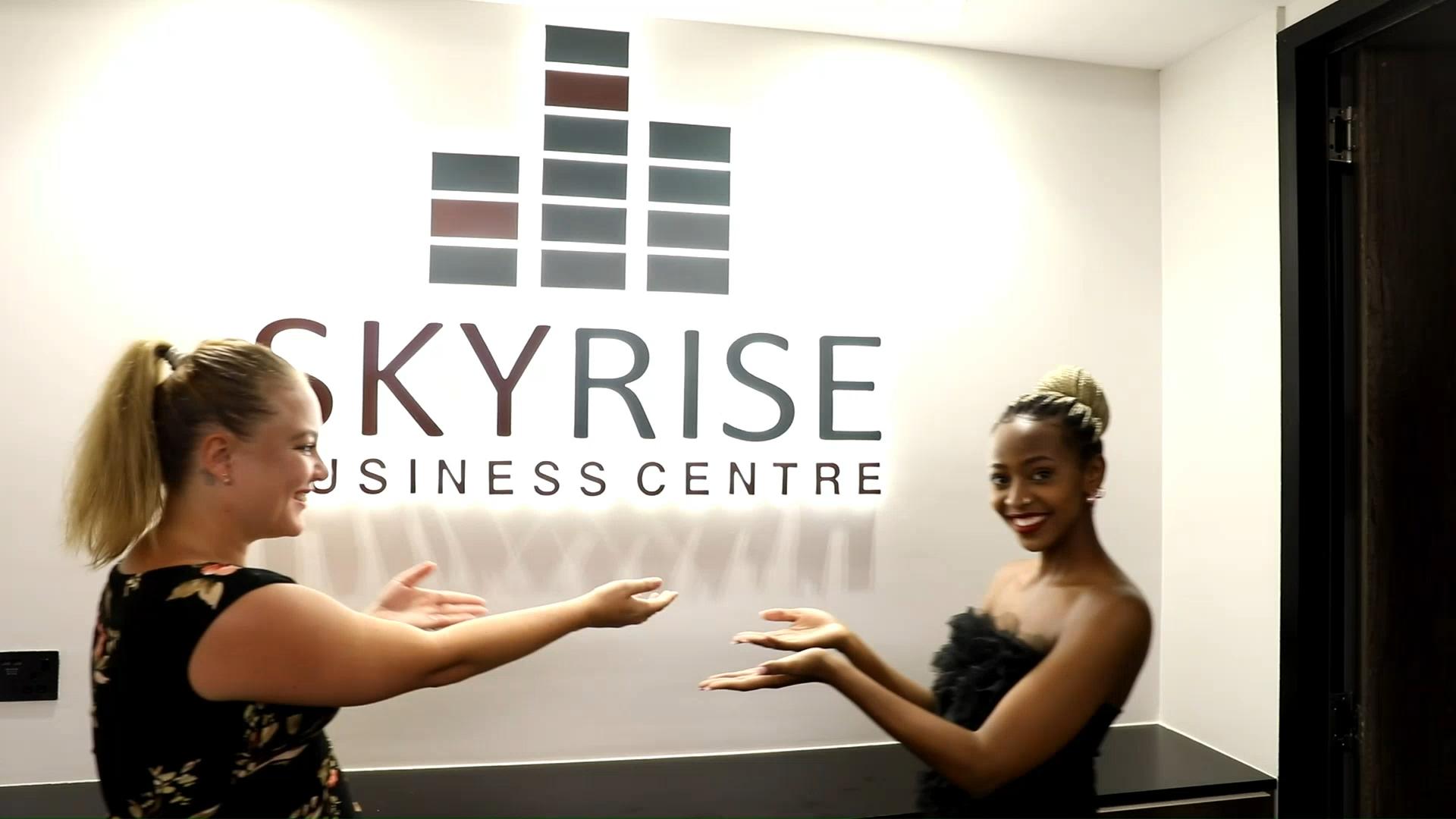If you had fast food takeout for lunch every day consecutively at work this week, it might not make as visible an impact on your health, weight etc.
“We are what we repeatedly do. Excellence then is not an act but a habit..”
Aristotle
- However, if you continued in this trajectory for another month to three, then we’d definitely notice some changes.
- At some time, probably after the first few weeks of it, the procedure of having takeout for lunch will start to cement itself and become automatic. At this point, we’re looking at a habit beginning its formation process.

Our brains are wired for survival. Habits, scientists say, emerge because the brain is constantly looking for ways to save effort. Left to its own devices, the brain will try to make almost any routine into a habit, because habits allow our minds to ramp down more often. (Tell me a better resource manager than your brain, I’ll wait…)
Hence, by that argument, we can reasonably infer that at some point, our habits were deliberate choices we made and continued doing up until a point our brains formed routines and then habits around them, from whence we stopped thinking about actively but still executed on the same. As the book itself mentions; “When a habit emerges, the brain stops fully participating in decision making. It stops working so hard, or diverts focus to other tasks. So, unless you deliberately fight a habit—unless you find new routines—the pattern will unfold automatically.”
That being said, these habits cumulatively make up our life’s orientation and direction hence, our financial, health & relationship habits will in the long-run (Like the fast food analogy…) orientate us towards the net outcome of those actions. I hope it now begins to make sense why some of the things you do might seem almost automatic and probably a little difficult to let go of…
How do we then get ahead of our own biological wiring? How do we stay at the forefront of dictating the habits we want? And get our brains to discard those we don’t. Because to have a consistent outflow of successful execution, it would also mean that we need to have success forming habits.
As I bring this to a cliff-hanging close (of course I’d leave you wanting more. How else can we build a long-lasting relationship?), in the second part of this article, we’ll look at the habit-forming loop and by extension how we can leverage this to change our habits.





